Co-founder and CEO of one of Australia’s largest online businesses, Dean Ramler from Milan Direct, reveals all in this episode, including how his business manages to outsell giants like Ikea, Freedom, and Harvey Norman while not worrying about SEO, and spending 95% of his marketing budget online.
A few years ago, Dean (now 31 years old) decided to take his family’s traditional furniture business and put it online, selling high quality designer furniture direct to the public. Milan direct furniture is now seeing massive year-on-year growth thanks to Dean’s smart online marketing and brand building strategies.
In this episode, I pick Dean’s brain about exactly how he’s achieved such a solid foothold in a $300M industry. Dean shares the specific tools and strategies he’s using right now to grow his online furniture empire, including one simple (free) tool that Dean says anyone wanting to grow their business online must use.
PLUS I give some tough love to a listener who asks for some marketing advice!
In this session of Small Business Big Marketing, you’ll discover:
- The best (free) tool for anyone who wants to sell products or services online
- How to rank well in search results without worrying about “manipulative” SEO tactics
- What are new “Google Trusted Stores” and what do they mean for your business if you sell online?
- One simple website tool to dramatically increase your potential customer base
- How to follow up with customers (and potential customers) to ensure repeat business once you’ve got their details
- How to discount effectively so you can offer great value while still making a decent profit
- The win-win of using Facebook to crowd-source ideas from your customers while creating fan engagement
- How to nurture your core group of “raving fans” to ensure they stay loyal, motivated, and vocal
- Optimising your message for mobile devices, including a simple subject line formula that will ensure mobile cut-through
- Why you should consider moving 95% of your marketing spend online
- PLUS, I do a review of a listener website and give some quick fixes for common mistakes you’re probably making right now
Episode Timeline
- 0.55 The importance of being available to your customers
- 6.45 Introducing Dean Ramler, co-founder and CEO of 8-figure online furniture business Milan Direct
- 16.00 When did Dean realise Milan Furniture was going to be big?
- 24.30 Dean reveals some of the statistics around the business’s growth
- 27.00 How to remove fear when selling online using trust elements
- 30.40 Dean talks about the HUGE results of installing this simple tool on your website
- 33.00 “Display-only” shops: Dean says “don’t bother!”
- 37.15 Dispelling the myth that only young people are buying online (and how you can find out your site visitors’ demographics in minutes for free)
- 41.00 I give Dean a cool new business idea 😉
- 42.00 Dean talks traditional advertising – what works and what doesn’t
- 45.40 SEO – how to create a solid site that weathers the storm of Google’s frequent updates
- 53.00 My top 5 take-aways from this episode
- 55.40 Listener question – website review
Resources and Links Mentioned in this Episode
- The Milan Direct website
- Transcription services kindly provided by REV.
- Google Trusted Stores
- Google Analytics
- Google Trends
- Swiftly – Minor design changes, quick
- The Small Business Big Marketing online community
Tweetables
Did you enjoy this episode? Let us know on Facebook or Twitter!
Click here to visit our Facebook page and leave a comment about the show.
Click here to tell us on Twitter what you thought of the show.
Subscribe to the Small Business Big Marketing podcast
Click here to subscribe to Small Business Big Marketing in iTunes
Join the Small Business Big Marketing online community
We’re building something big over at the Small Business Big Marketing online community forum. Drop by and say hi – soak up some marketing gold!
Over to you!
Let us know YOUR key takeaways from this episode by leaving a comment below about how you’re marketing your business online. I personally read and respond to all comments!

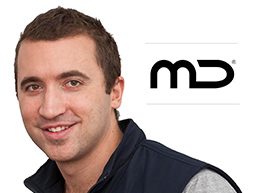

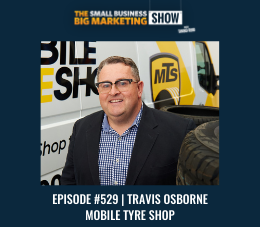
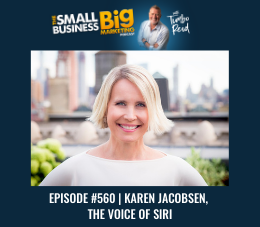

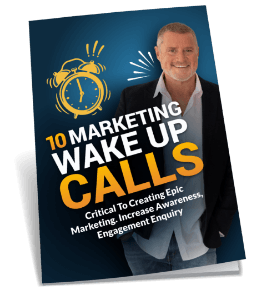
 Grab My 10 Marketing
Grab My 10 Marketing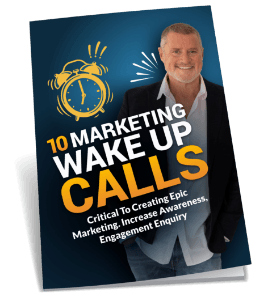
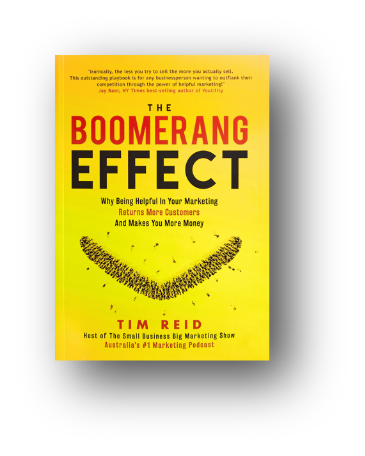
3 thoughts on “Milan Direct founder, Dean Ramler, on how he’s created Australia’s largest online retailer.”
Tim, another great episode. Cheers.
I love how Dean is simply doing it and doing it well. Couple of key learnings for me from this episode:
1) His business being profitable right for the first container. I really like the idea that you can grow a business with positive cashflow from day 1. And,
2) your point about not being able to to read podcast episode titles in iTunes because they’re too long. Can’t believe how many people do that (or how poorly handled this is in Podcast apps, particularly for phones).
Thanks Matt…I also loved the fact that he’s 3rd generation furniture retailer and the first to take the business online.
Its great to know advent of Mr.Dean. The fact of doing online business is really pretty amazing.